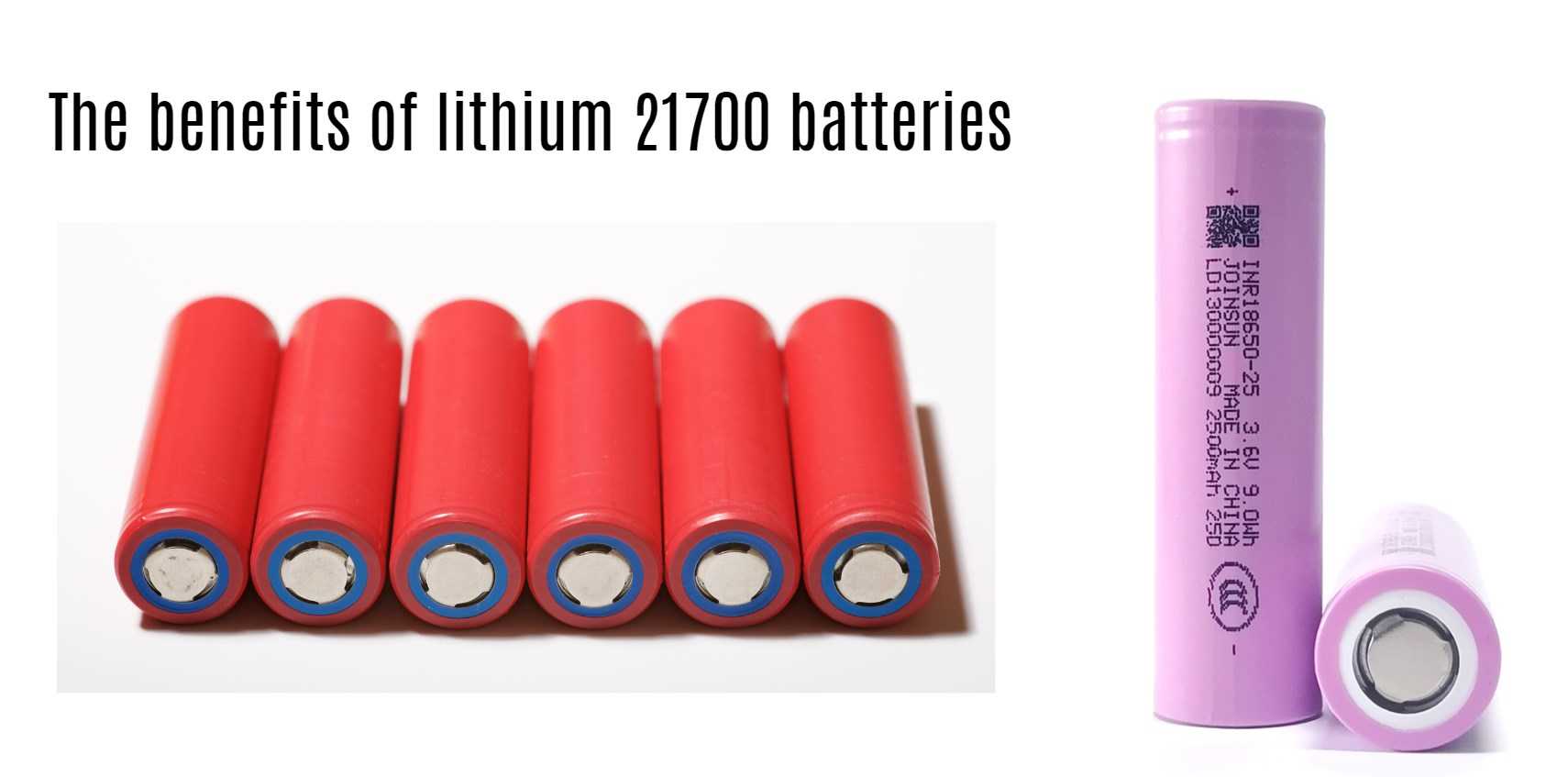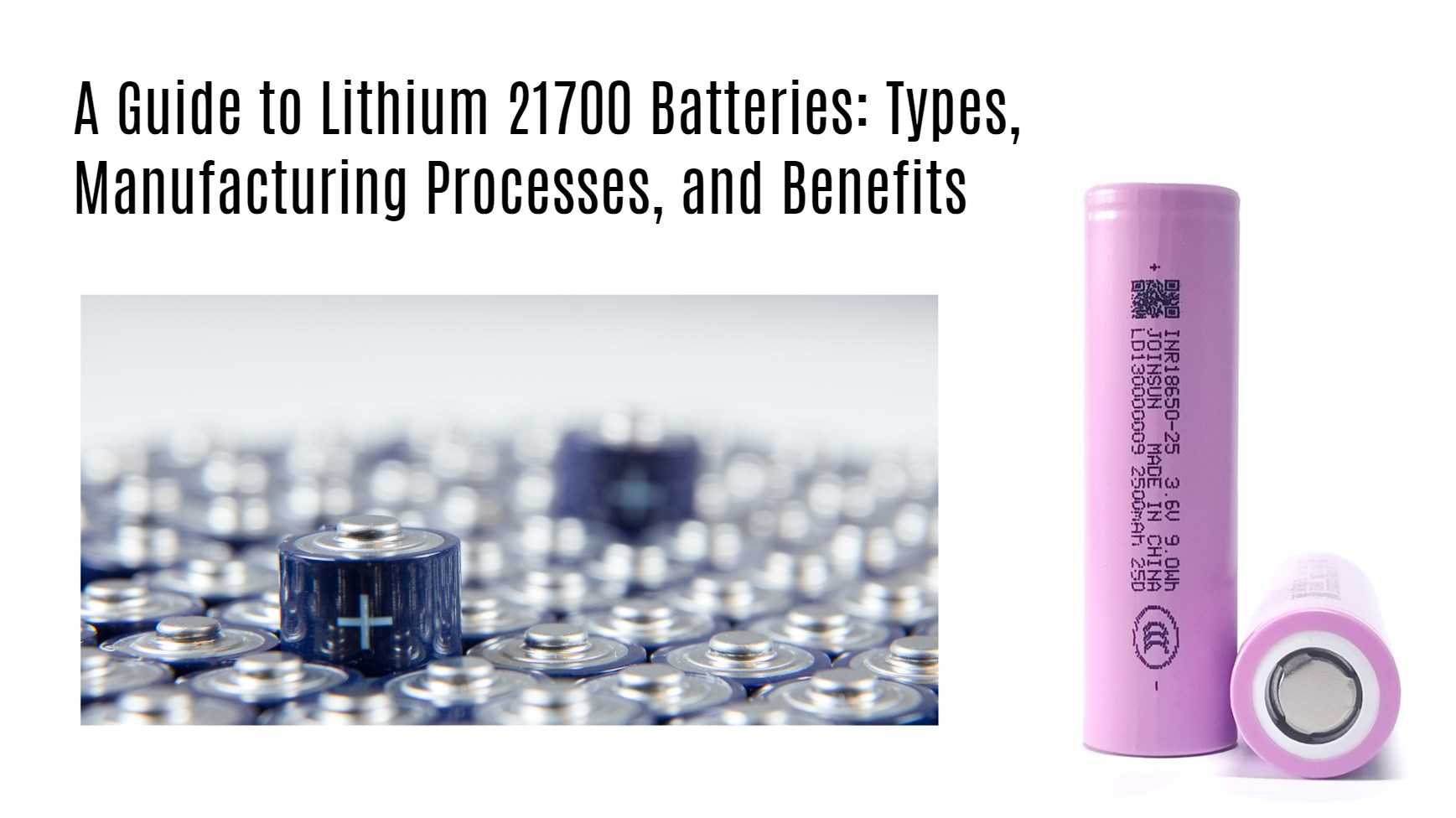In the rapidly evolving landscape of energy storage, lithium 21700 batteries have emerged as a frontrunner, offering unparalleled performance and reliability. These batteries are the heartbeat of electric vehicles and portable devices, providing the power needed for a sustainable and efficient future.
The Diverse Family of 21700 Batteries
Lithium Iron Phosphate (LiFePO4) Batteries: The Safe Choice LiFePO4 batteries stand out for their exceptional safety profile and enduring cycle life, making them a favorite for electric vehicles and renewable energy storage systems. Their chemistry ensures stable performance, even under strenuous conditions.
Lithium Nickel Manganese Cobalt Oxide (NMC) Batteries: High Energy on the Go NMC batteries are celebrated for their high energy density, perfect for portable devices that demand power on the move. From smartphones to laptops, their quick charging capabilities are a game-changer.
Lithium Nickel-Cobalt-Aluminum Oxide (NCA) Batteries: Powering High Performance NCA batteries are the go-to for applications requiring peak power output. Their presence in electric cars and power tools is a testament to their ability to deliver lightweight, high-density energy.
Lithium Titanate Oxide (LTO) Batteries: The Stability Champions While LTO batteries may not lead in energy density, their stability, rapid charging, and extended lifespan make them a compelling choice for applications where reliability is paramount.
The Art and Science of Battery Manufacturing
Sourcing and Preparing Raw Materials The journey of a lithium 21700 battery begins with the meticulous selection and preparation of raw materials, ensuring the highest purity and quality for the subsequent processes.
Crafting the Active Material Mix A precise blend of purified raw materials, binders, and conductive additives forms the active material mix, critical for the battery’s performance.
Coating and Drying: The Path to a Solid Foundation State-of-the-art coating techniques lay down the active material onto a metallic foil, followed by a drying process that removes solvents, setting the stage for cell construction.
Cell Assembly: Structuring the Heart of the Battery The art of battery assembly involves rolling or stacking the dried electrode sheets with separators to form the cell structure, the core of the battery’s energy storage capability.
Electrolyte Filling: Enabling Ion Movement The infusion of a liquid electrolyte solution into each cell is a delicate process that enables the smooth flow of ions, essential for the battery’s operation.
Final Assembly and Quality Assurance The culmination of battery manufacturing includes sealing the cells within protective casings, adding connectors, and rigorous quality control checks to ensure safety and performance.
The Advantages of Lithium 21700 Batteries: A Closer Look

Energy Density: Power in a Compact Form Lithium 21700 batteries offer remarkable energy density, allowing for longer operation times between charges, a boon for both portable devices and electric vehicles.
High Power Output: Delivering on Demand Their ability to provide a consistent and powerful stream of energy makes them indispensable for applications that require high-performance capabilities.
Rechargeability: Enduring the Test of Time With the capacity for numerous charge cycles, these batteries are designed for longevity, offering a sustainable solution for energy storage needs.
Safety Features: A Shield Against Risks Advanced thermal management systems and safeguards against overcharging or overheating make lithium 21700 batteries a safer choice compared to older technologies.
Environmental Considerations: A Greener Option Their production involves fewer toxic materials and higher energy efficiency, positioning lithium 21700 batteries as a more eco-friendly alternative.
Addressing the Drawbacks: Challenges and Solutions
The High Cost of Excellence While the manufacturing process is complex and requires specialized equipment, driving up costs, ongoing research aims to make these batteries more affordable without compromising quality.
Raw Material Availability and Environmental Impact The finite nature of materials like lithium and cobalt and the environmental implications of their extraction are actively being addressed through sustainable sourcing and recycling initiatives.
Energy Density and Thermal Runaway Risks Continuous improvements in battery technology are tackling the limitations in energy density and mitigating the risks associated with thermal runaway.
Recycling and Disposal: A Responsible Approach The complex composition of lithium-ion batteries calls for careful disposal and recycling methods, which are being refined to minimize environmental impact.
Conclusion: The Future of Lithium 21700 Batteries
Lithium 21700 batteries have set a new benchmark in the energy storage industry, and as technology advances, their efficiency and affordability are expected to improve. As we progress towards a future powered by sustainable energy, these batteries will continue to play a pivotal role in various applications, ensuring a reliable and efficient energy supply.
At Redway Battery, we are committed to delivering the highest quality lithium 21700 batteries, pushing the boundaries of what is possible in energy storage. Our dedication to innovation and excellence ensures that we remain at the forefront of this dynamic industry.




